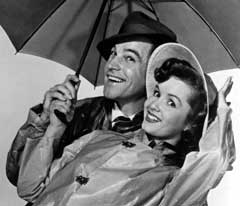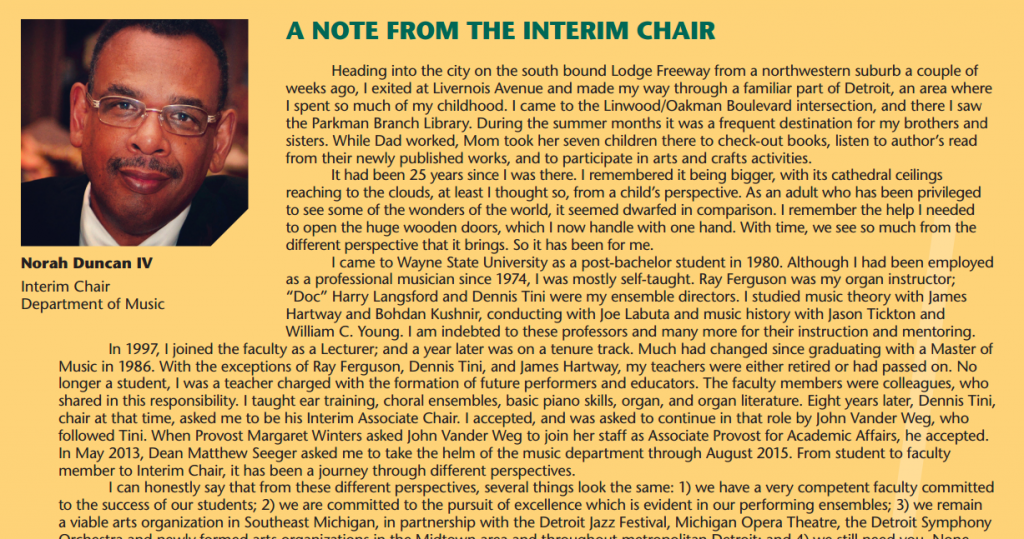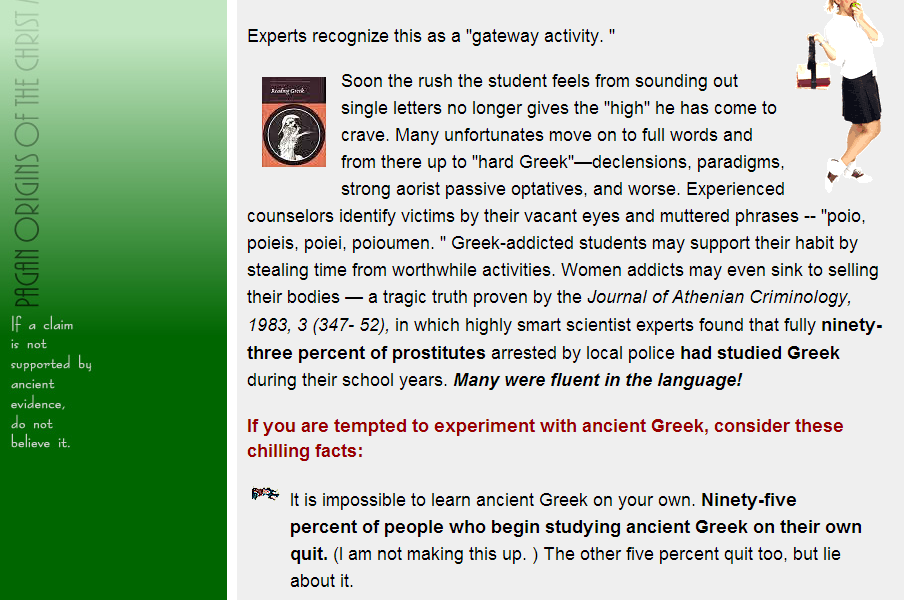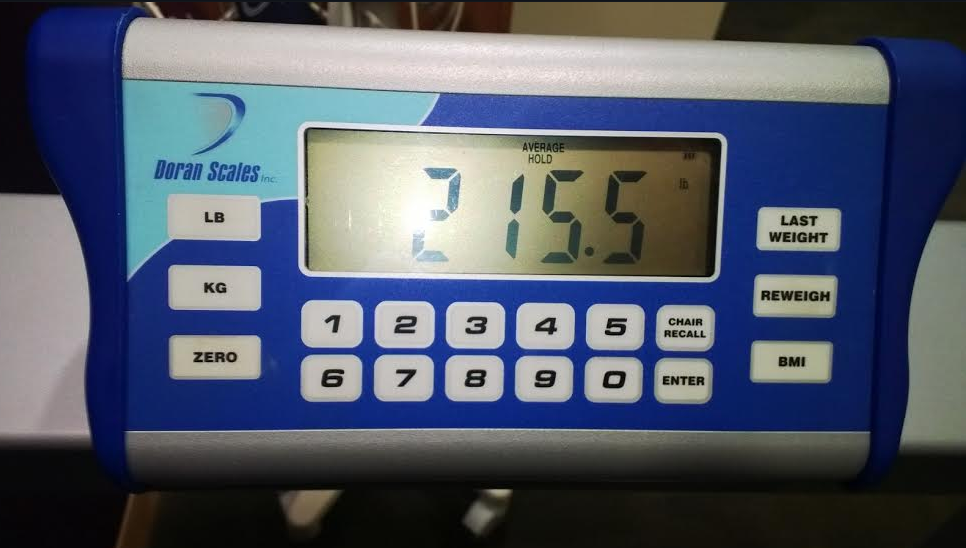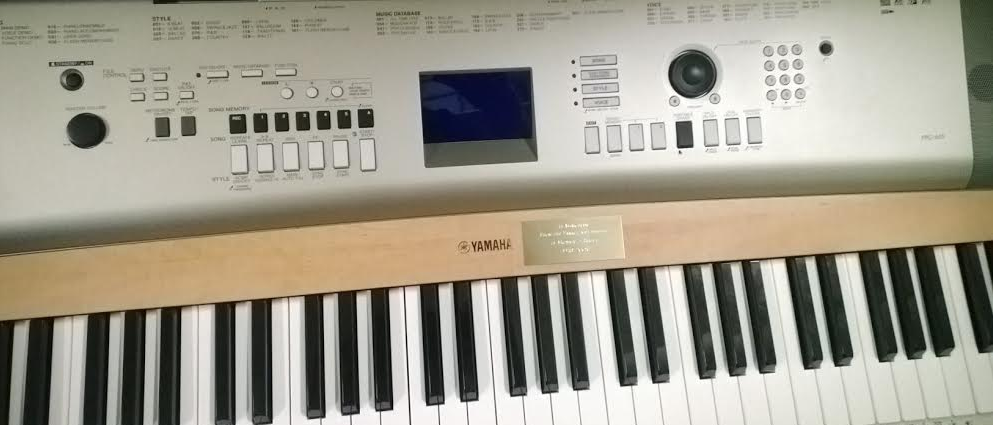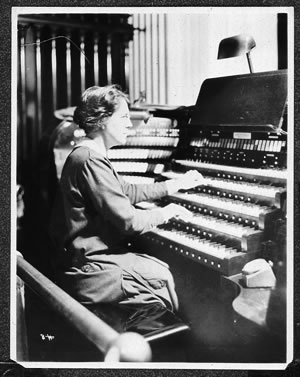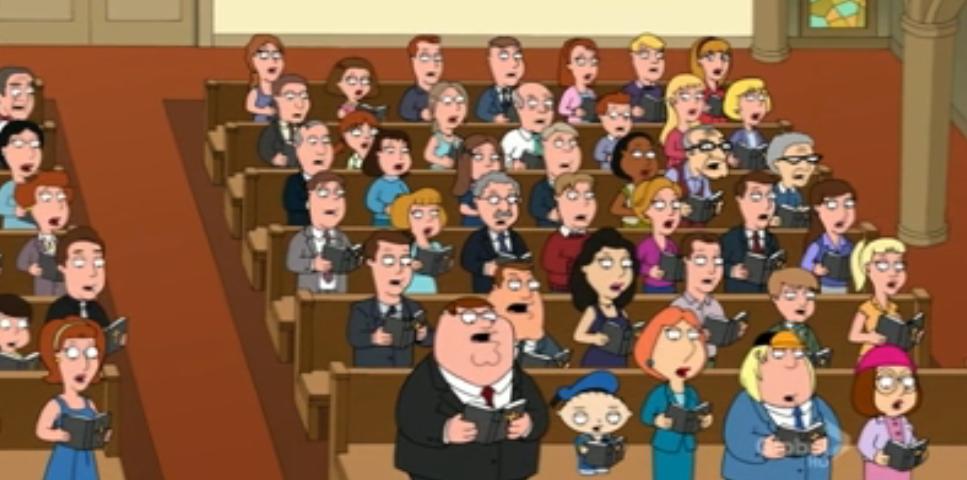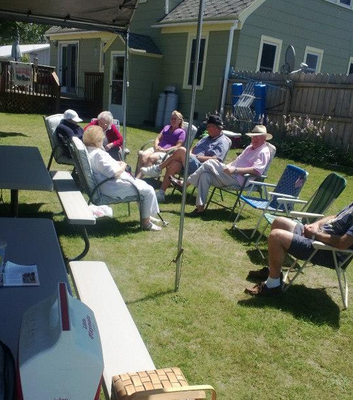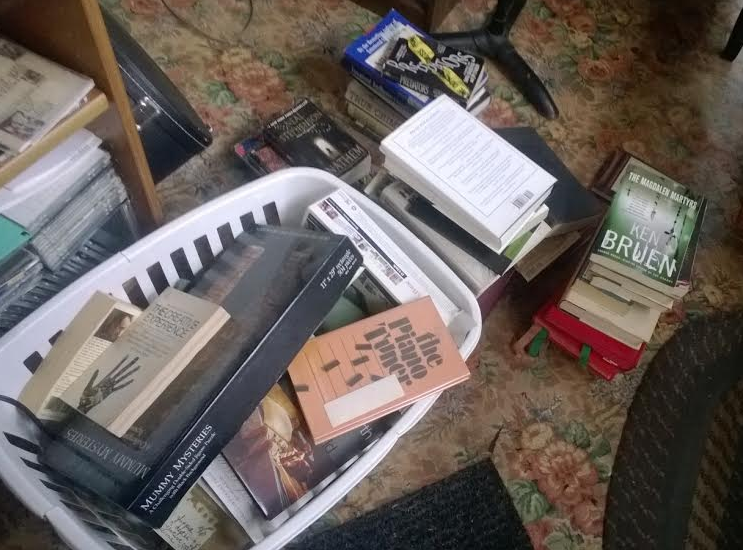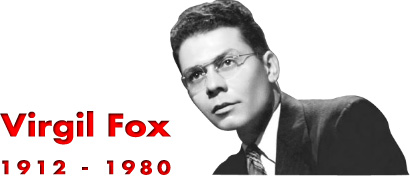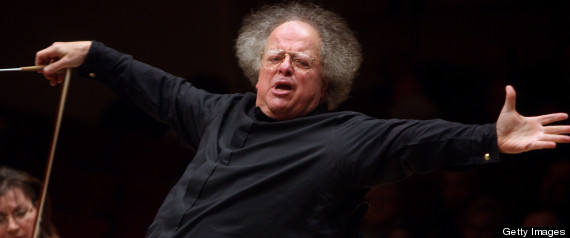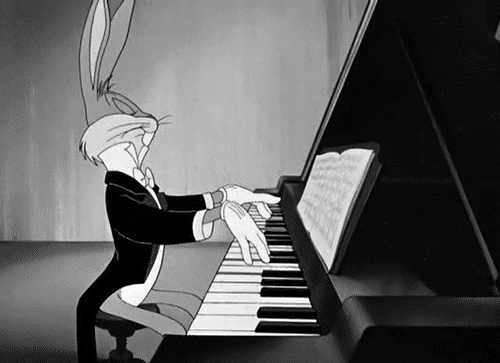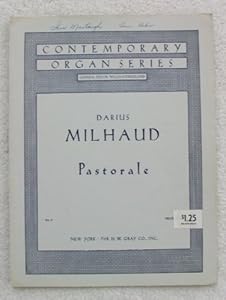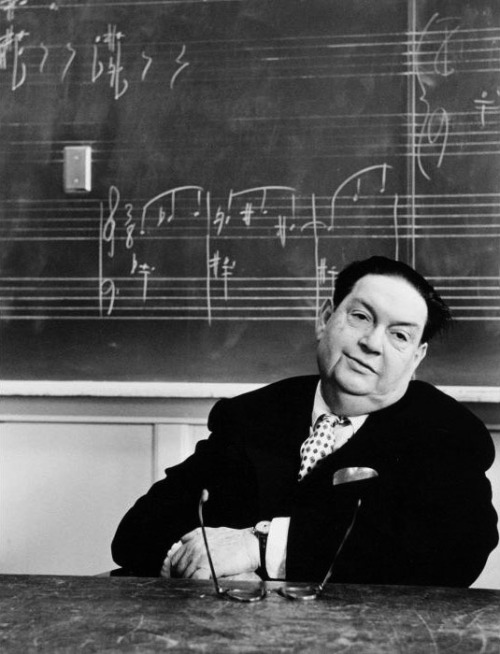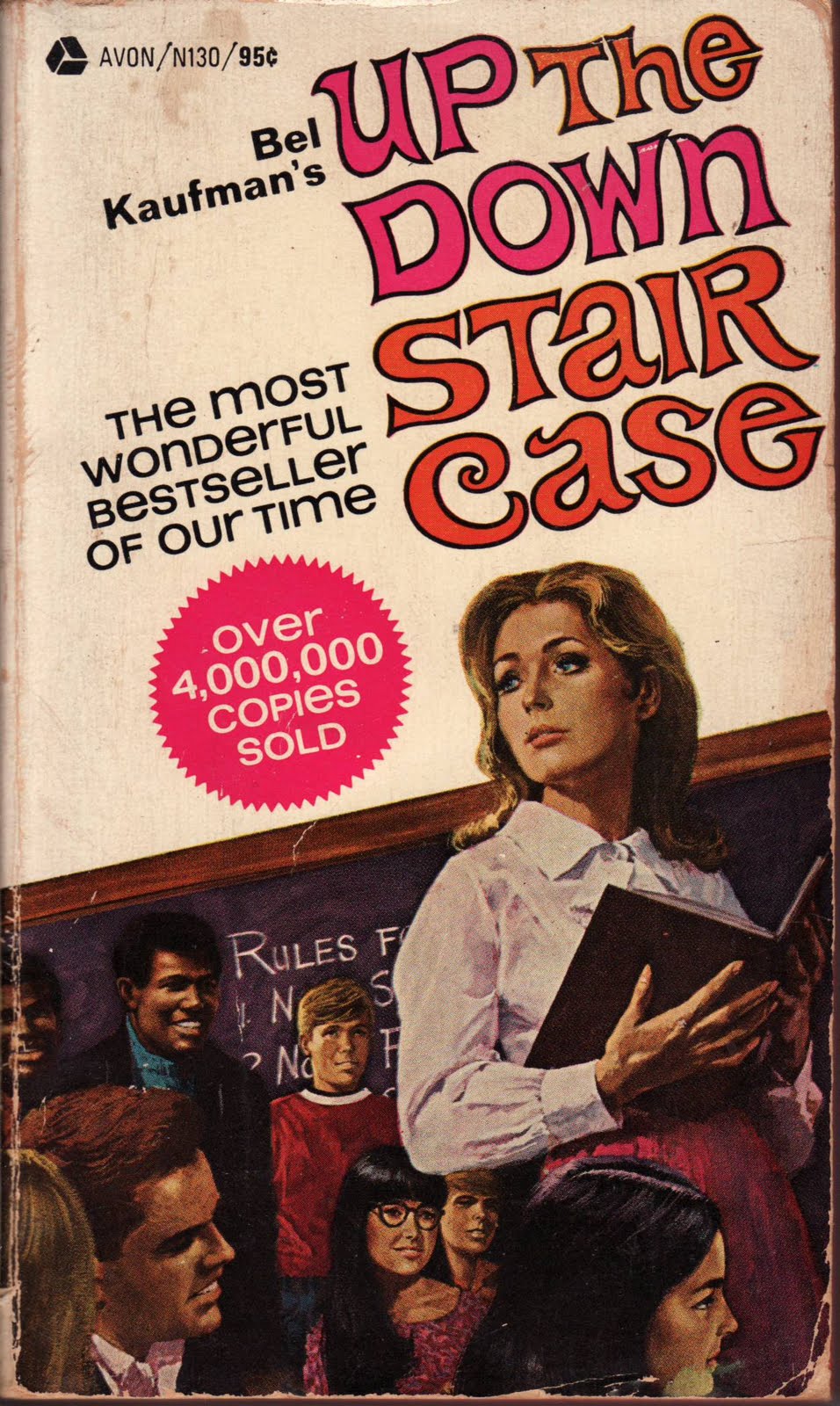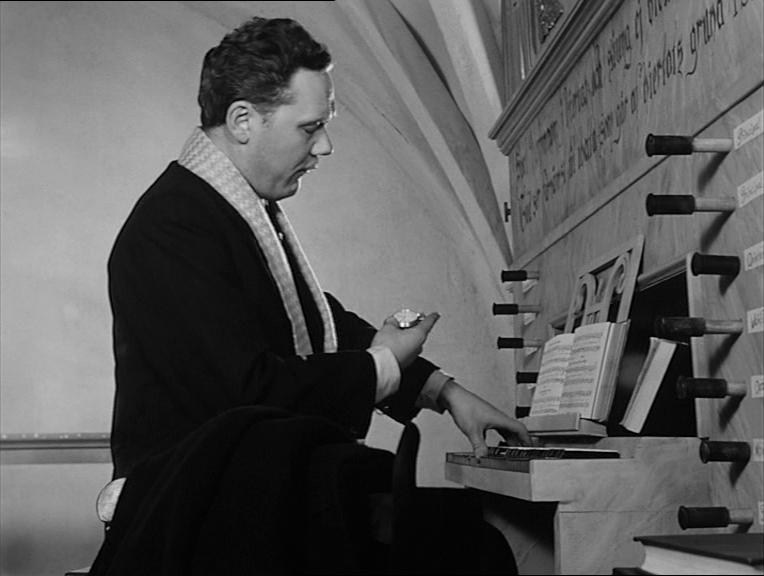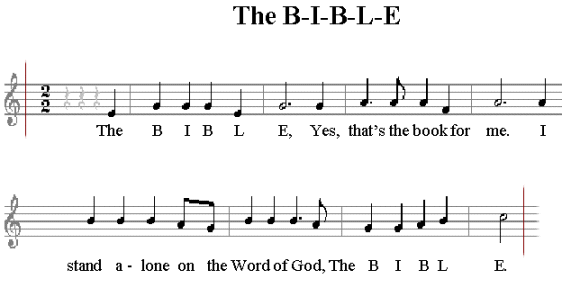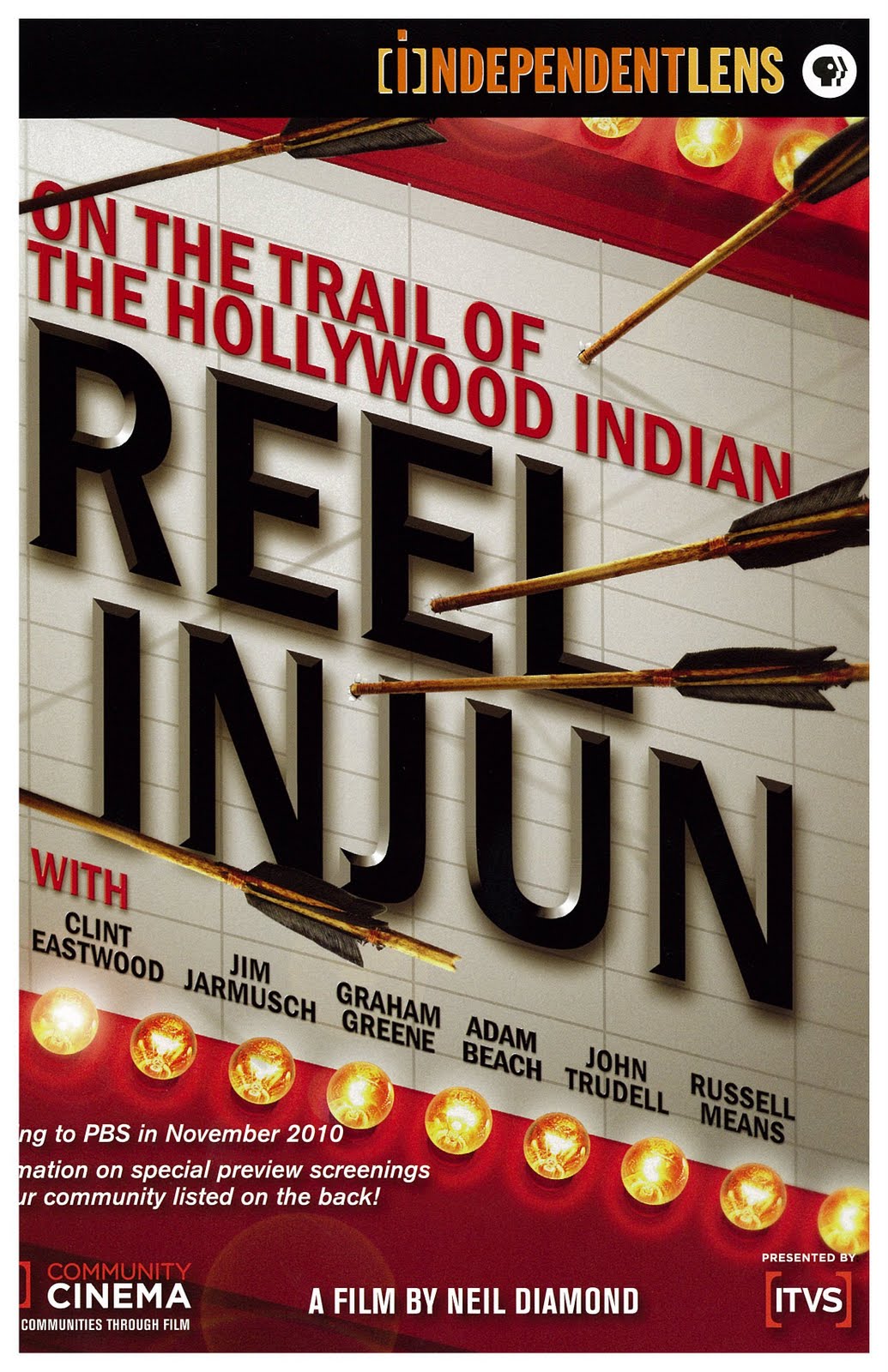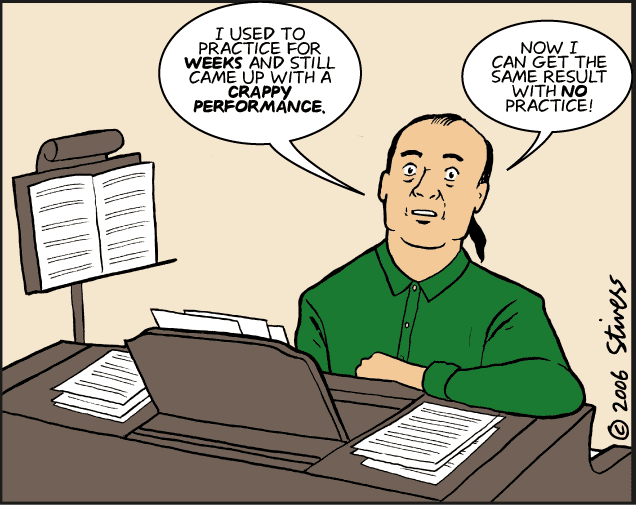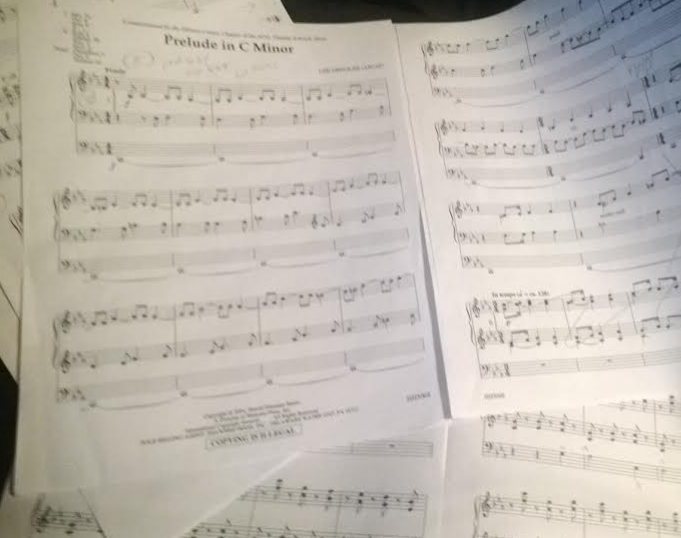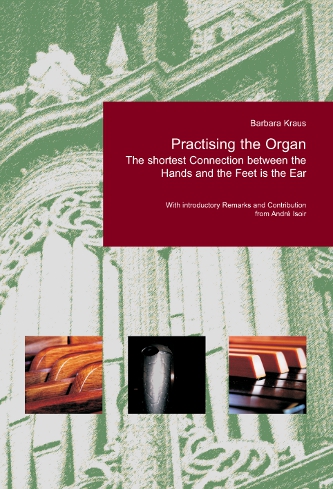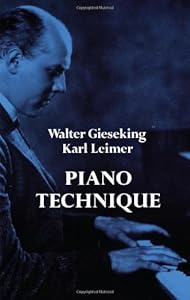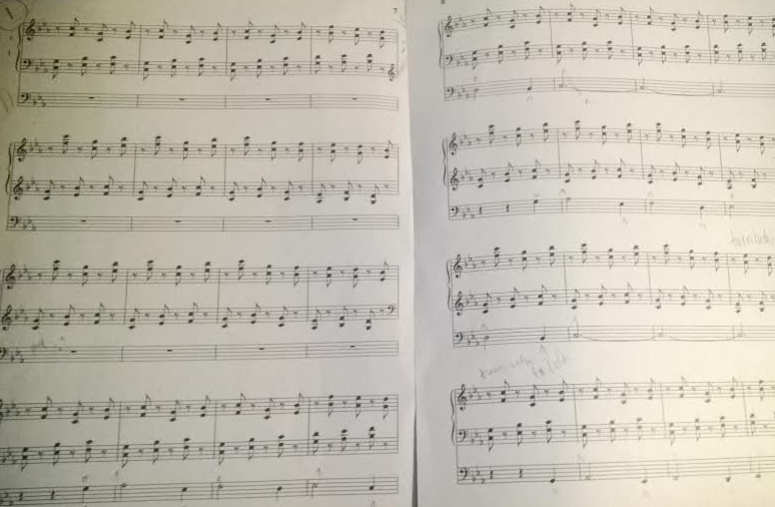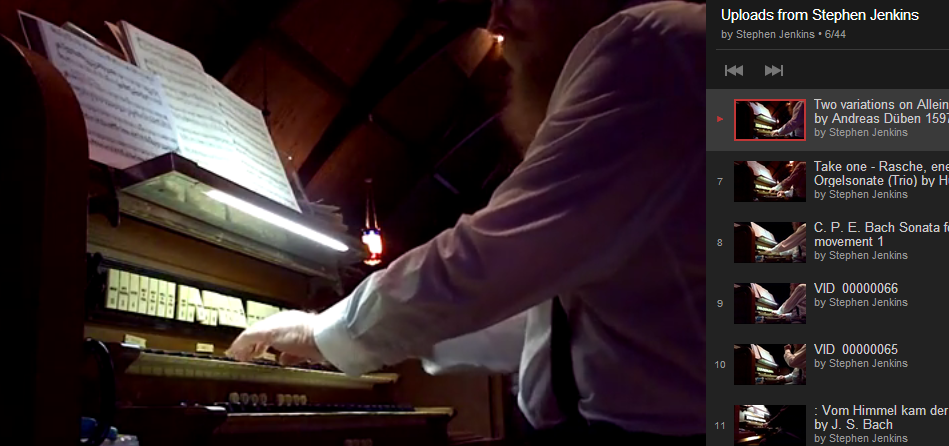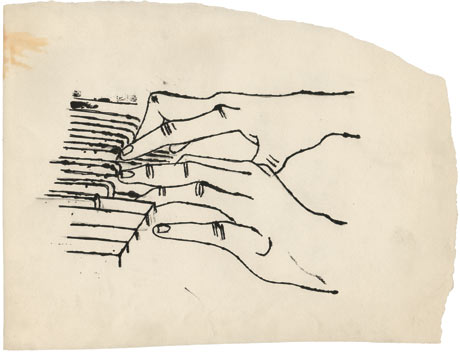
Last night’s performance was a bit more fun than Friday’s rehearsal. The sound guy ended up putting my keyboard through the sound system. He seemed to have done a much better job of balancing me with the sound than the guy who ran the sound for the Grand Rapids Symphony did when I performed with them under similar circumstances.

The first piece I played on was actually the third one on the program. It was an inauspicious beginning for me. Despite carefully counting a zillion and one measures of Mussourgsky’s “Night on Bald Mountain” and making my first entrance correctly I somehow lost track of exactly where we were and screwed up the ending. The conductor shook me off and I instantly quit playing. Fuck.

I managed to redeem myself a bit later in the silly Jurassic Park overture in which I had several exposed sections. In fact the rest of the concert went pretty well for me. I never lost track of exactly where we were and nailed the music.

Whew. The music we played was pretty goofy. Not all that satisfying to be part of. But I did like two things about this gig. First of all it’s fun to play with a bunch of other players. I love being in an orchestra or a wind ensemble. Secondly, I was grateful that I didn’t have to beg for my pay as I often have had to do in other situations. When I handed the concertmistress my music I was surprised that she knew who I was. I knew who she was because she is an active local player. But most of those people seem to look right through me a lot and not notice I’m around. She handed me an envelope with my check. Cool beans.

It was a lovely evening in the park last night. Nice breeze. It reminded me of my high school experience of Interlochen where I attended one of those summer camps. Music outdoors can be fun.

Eileen bought a table yesterday. She has been lusting after it for a few days. It is a charming piece and will probably grace her weaving room once we figure out how to organize a bit better.
1. Introspective or Narcissistic? – NYTimes.com
I’ve been thinking about this for a couple of days. I sometimes wonder if I am too self-absorbed. Having Eileen around more has made me realize that I probably spend more of my time in a state of self-criticism than the sort of narcissism I suspect some may think I am guilty of. But who knows? Interesting article.
2. Origami Inspires Rise of Self-Folding Robot – NYTimes.com
Pretty cool. This weekend’s On the Media show is pretty lame but it’s about robots as well.
3. Plot Thickens as 900 Writers Battle Amazon – NYTimes.com
Not sure exactly what I think about all of this. Anyway the New York Times is giving free publicity to a bunch of people who bought an ad that apparently is in today’s edition.
4. President Obama Talks to Thomas L. Friedman About Iraq, Putin and Israel –
Every since the Iraq war, I have had trouble with Friedman. He was a cheer leader for the war who had written books on the area. It turns out he was all wrong as so many were about that war. Anyway, I like what President Obama has to say about “maximalist” positions. I take it he means achieving one hundred per cent of any political goal. He points out that
” we will never realize our full potential unless our two parties adopt the same outlook that we’re asking of Shiites, Sunnis and Kurds or Israelis and Palestinians: No victor, no vanquished and work together.” President Obama
5. Rudderless Craft to Get Glimpse of Home Before Sinking Into Space’s Depths
I have been following this story. Here’s a link to a simulation and info on the flight. At least I hope it’s a link. I tried to Facebooger this link and it would only show a log on for Google stuff.

